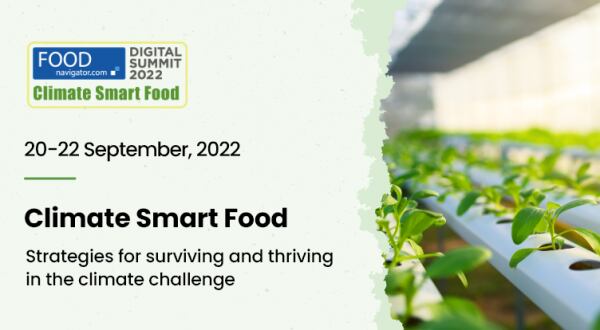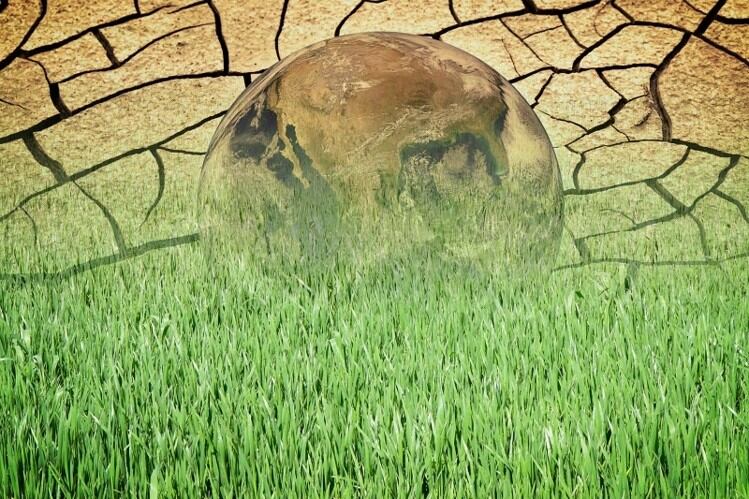The European Union is the second largest importer of tropical deforestation and associated emissions behind China.
According to World Wildlife Fund (WWF), the EU caused more deforestation from any other country through its imports of agricultural commodities between 2005 and 2013. Soy, palm oil and beef commodity imports are the most linked to tropical deforestation, followed by wood products, cocoa and coffee.
Another major issue in global supply chains lies in human rights violations, ranging from forced labour and child labour to land grabbing.
In response, policymakers are taking action. Last month, the European Parliament voted in favour of due diligence legislation, which would mean companies selling products coming from cattle, poultry, cocoa, coffee, palm oil, soy, maize, amongst others, must verify they were not produced on deforested or degraded land.
At the same time, companies will also be required to prove they were produced while respecting human rights provisions and indigenous people.
But due diligence legislation has been criticised for triggering unintended consequences across the supply chain, begging the question: do due diligence laws actually promote climate-smart food?
Risk of market polarisation
The EU and US are both looking to implement stringent due diligence legislations.
The US FOREST Act, which is currently under review, would prohibit products that have been linked to illegal deforestation from entering the US. Under this law, the US would be able to prosecute people and organisations driving illegal deforestation.
For producers with environmental and/or human rights violations in their supply chain, could markets with less stringent due diligence laws become the more attractive option – leading to market polarisation?
“That is definitely a potential of the EU legislation,” according to Veronique Bovee, Deputy Director, Responsible Sourcing, at non-for-profit Proforest. “Especially at the moment, [given] there is more demand for raw materials…subject to the EU due diligence regulation, producers could easily move to markets where there are less strict regulations such as India and China.”
But another kind of market polarisation exists, Bovee told delegates at FoodNavigator’s Climate Smart Food event. The lack of collaboration between countries ‘setting the rules’ and those producing the commodities in question is problematic, suggested Bovee, adding that the proposed EU legislation is ‘unilateral’ in nature.
These countries ‘have the same intentions’, she stressed. Producer countries should be ‘brought in’: “There is opportunity for collaboration here.”
A burden on farmers?
Although under the proposed EU legislation, companies would be penalised for having violations within their supply chains, it has been suggested that burdens also lie with farmers – including smallholders.
The International Institute for Sustainable Development (IISD) is concerned that ‘spillover’ and ‘patchwork’ effects could have a negative trade impact on developing countries. According to the think tank, the ‘spillover’ effect would come into play when due diligence requirements apply even if an export is not going to a country where such legislation is in place.
The ‘hodgepodge’ effect, explained IISD’s Andreas Oeschger, a junior policy analyst within the think tank’s sustainable trade division, occurs when several deforestation laws with different definitions of deforestation requirements for due diligence are in place.
What’s the solution? “Ideally, there would be harmonisation between different regulations,” said Oeschger at the Climate Smart Food event, “meaning the EU and US would engage on standards.”
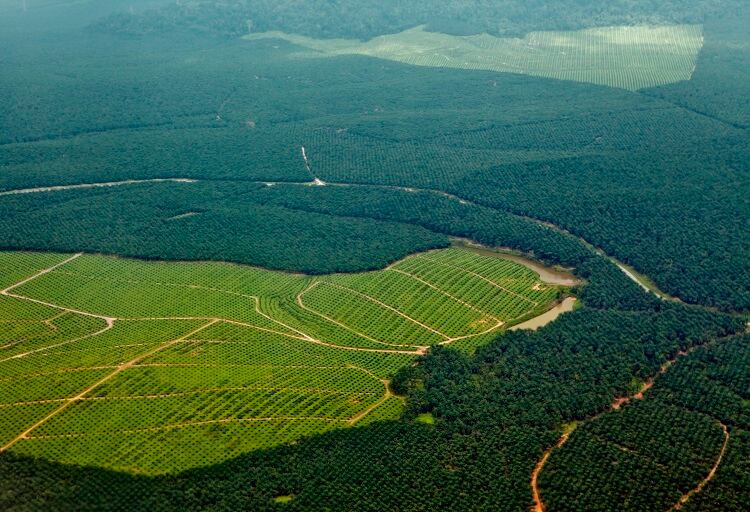
The so-called hodgepodge effect is also a concern for Andre Nassar, executive president of the Brazilian Association of Oilseed Industries (ABIOVE). But for a different reason.
“How are [different EU, US, and UK] legislations going to balance amongst themselves? It’s really bad that different companies [have to adhere to] different legislations,” he told delegates.
According to Nassar, it is operators, rather than producers, who face the biggest administrative burden. “Liability is on the shoulders of the operators, and [they] will need to change the way [they] source commodities.”
Proforest’s Bovee agreed the onus is initially on those who source and import relevant commodities into the EU. “But the reality is, they will move the questions up the supply chain and ultimately [reach] the farmer.”
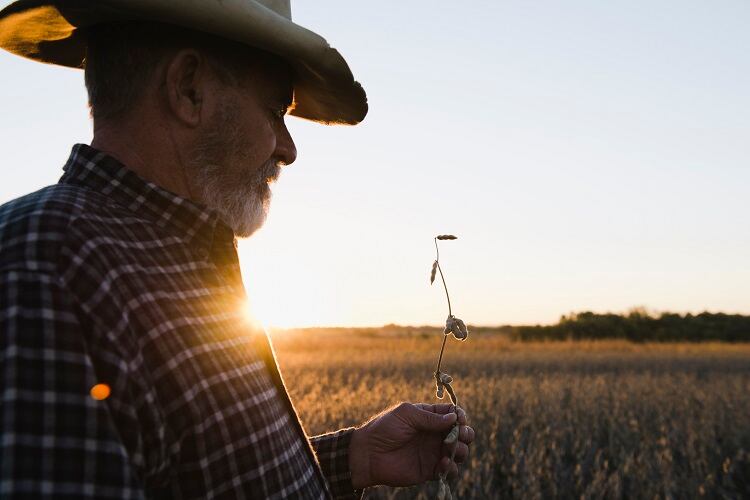
Aside from producers on the ground and operators in Europe, there is another party which faces administrative burden, according to Olivier Tichit, director of sustainability at integrated palm oil company Musim Mas Group.
As per the current regulatory proposal, traceability data will be shared with individual national authorities. This means, he explained, there will be a ‘deluge’ of data which will need to be checked by the producing countries in question.
“That’s going to be an interesting administrative burden…I’m afraid it will create delays and issues.”
Too much focus on ‘de-risking’, rather than ‘engagement’
Under EU due diligence law, commodities would be classified as ‘high’, ‘standard’, or ‘low’ risk, based on – at least in part – deforestation rates in the areas they were produced.
This format poses another risk, suggested Bovee. Companies will be wanting to de-risk their supply chain, which means they’re likely to shift their supply to ‘standard’ or ‘low risk’ production areas where possible.
“The focus is now on de-risking, rather than on trying to really engage and work in areas there is risk of deforestation.”
Another related concern is that since larger producers tend to have greater traceability within their supply chains, companies could move away from smallholder-produced commodities. Musim Mas Group’s Tichit admitted this would be the easier option.
“If you look at the situation in Indonesia today, about 40% of product is coming from smallholders. We’re talking about small [scale] farmers, with anything between 2-7 hectares.”
It would be ‘a lot easier’ to work with larger companies, Tichit continued. “It would be less work to collect the information and we know the risk would be lower, because it is easier to monitor their performance. This is a missed opportunity, definitely.”
The sustainability lead hopes that there will be ‘smarter moves’ made in the legislation to help ensure smallholders don’t fall through the cracks.
How to engage smallholders in sustainable practices?
Does the legislation do enough to onboard farmers in responsible practices?
Tichit is concerned by the legislation’s laser focus on traceability. Regulation founded on full traceability is a distraction from the issue at hand, he suggested. “It is going to distract us from the bigger picture, which is how to stop deforestation…how do we bring smallholders into better farming practices, and improve their livelihoods?
“By going for full traceability, we will then be distracted from the actual goal.”
Proforest’s Bovee is also concerned not enough emphasis is placed on what such farmers need. “The regulation, in itself, has some good aspects…but farmers need support,” she told delegates, pointing to a lack of incentivisation within the legislation.
The regulation may likely drive resources into collecting information on traceability…but does that really address the needs of the farmers? Bovee questioned. “It’s one thing to give information on a plot, but if you don’t link that to land titles and support these farmers on good agricultural practices where needed, I think that’s a missed opportunity.”
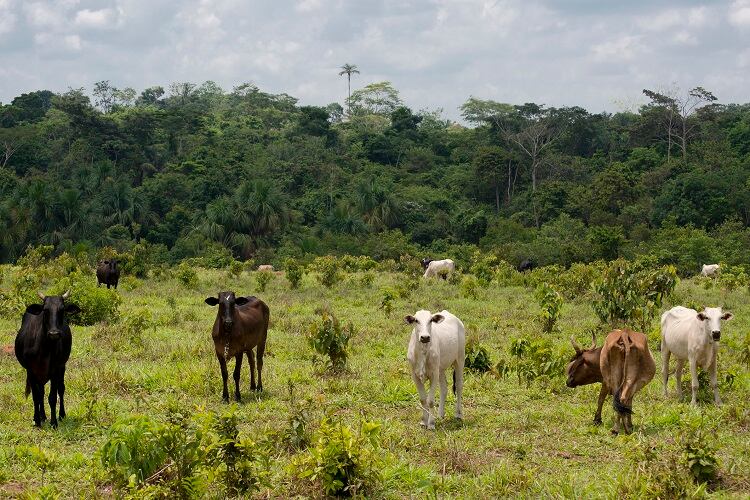
ABIOVE’s Nassar agreed that convincing producers to stop converting native vegetation is the major challenge at hand. From an industry perspective, Nassar doesn’t want block farmers to fall through the gaps. “We want to convince farms they should stop converting land to produce soybean or beef or any other commodity,” he told delegates. “That’s the big challenge…and we need to figure out how to solve it.
“I think we will need to somehow [offer] some kind of financial incentive to encourage them to avoid deforestation [practices].”
Nassar continued: “That’s the most important contribution of this kind of legislation: how to incorporate remuneration for farmers, to abide by deforestation [laws].”
‘We cannot wait for the ideal solution’
Unintentional consequences could well limit the effectiveness of EU due diligence law.
But Europe cannot hold off any longer, suggested Gert van der Bijl, senior EU policy advisor at Solidaridad Europe.
“It is a complicated legislation and there are going to be consequences that are difficult to foresee. But it’s also important to realise that deforestation accounts for 11% of global greenhouse gas emissions. There is an urgency. We cannot wait until we have found the ideal solution. We need to act now.”
Van der Bijl is not fooled into believing that legislation will prove a silver bullet. Instead, the policy advisor is advocating for a ‘smart mix’ of legislation and voluntary measures.
“Until half a year ago, there was almost a consensus we needed a smart mix, and that legislation can only be part of the solution. Now the political debate is heating up, and that debate is focusing only on legislation – as if legislation is going to solve everything. That is not going to happen.”
Even when due diligence legislation comes into force, there will still be a need for companies to invest in landscape and support smallholders, van der Bijl stressed. “That should be part of the smart mix that both the public and private sector should be aiming for.”



